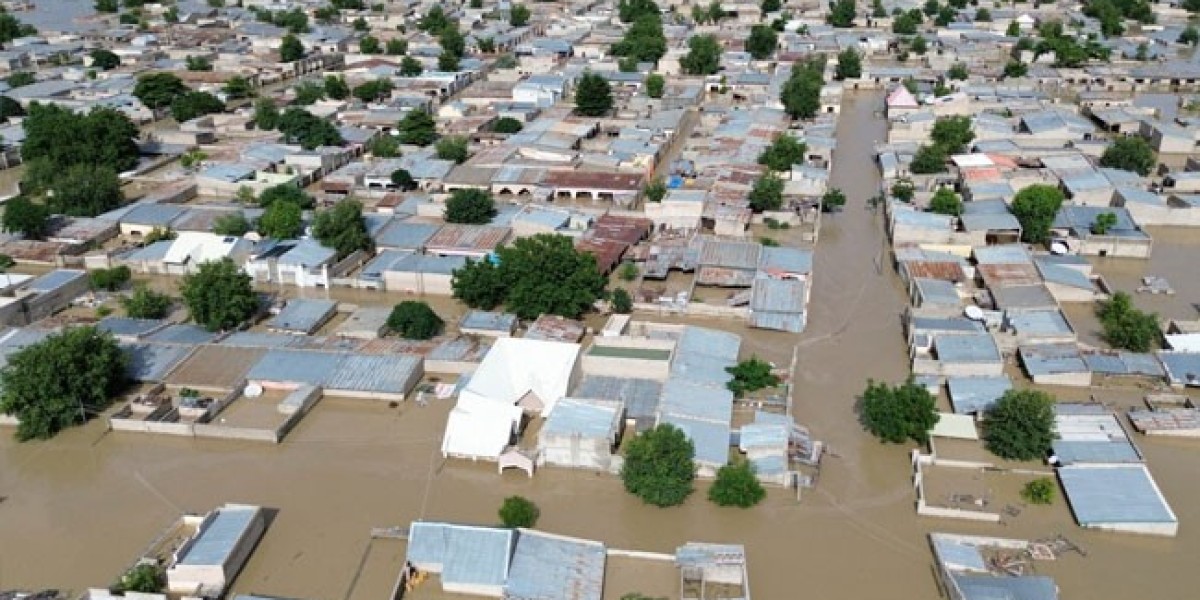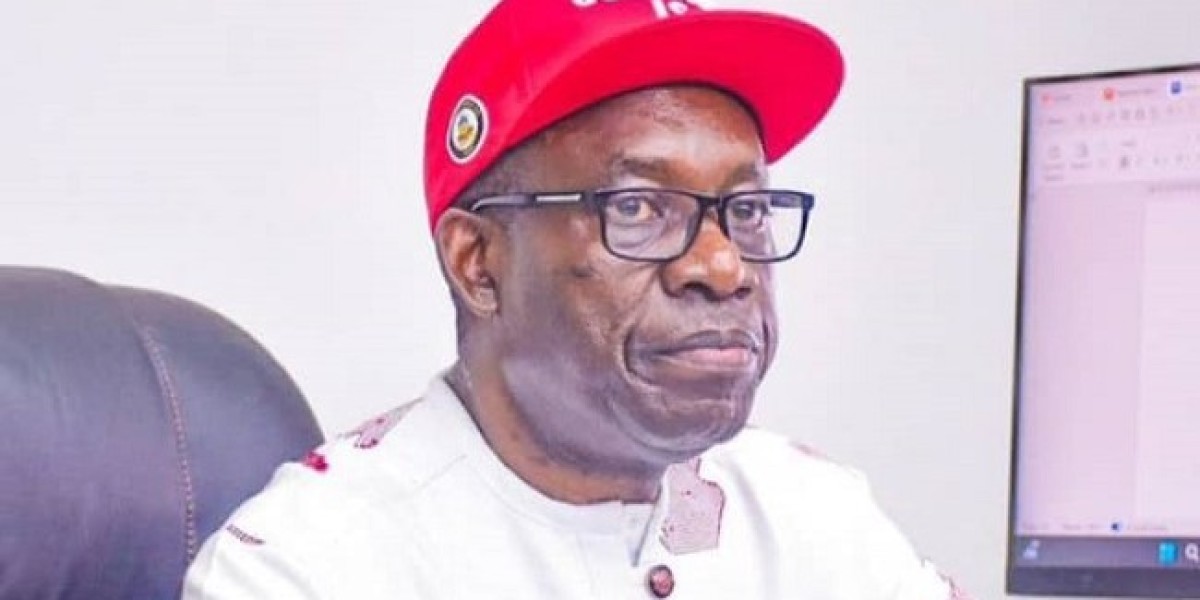Trade routes in West Africa are being reshaped by growing political tensions, as Mali, Niger, and Burkina Faso, led by military juntas, officially sever ties with the Economic Community of West African States (ECOWAS) this week. The break follows a series of coups between 2020 and 2023, which have redefined the region's trade networks and strained diplomatic relations.
Previously, around 80% of Niger's freight passed through Benin's southern city of Cotonou, the closest port to Niamey. However, the two nations are now in conflict, with Niger refusing to reopen its border with Benin, accusing it of hosting jihadist groups and attempting to destabilize Niger. This diplomatic fallout has forced the juntas to seek alternative trade routes.
Despite ECOWAS lifting some sanctions, trade disruptions have intensified. In Ivory Coast, Abidjan’s port saw a decrease in road freight in 2024, primarily due to tensions between Ivory Coast and the junta-led Sahel nations. Meanwhile, countries like Togo and Guinea have maintained smoother relations, turning their ports in Lome and Conakry into vital trade hubs.
However, new trade routes come with significant challenges. For instance, rerouting goods through Togo means trucks face long detours, passing through dangerous, jihadist-affected regions. According to a 2024 OECD study, this re-routing has more than doubled logistics costs, impacting food prices across the region.
In Dakar’s Malian market, traders expressed mixed views about the Sahel states' exit from ECOWAS. While some believe it won’t affect goods supply, others, like fabric seller Mohamed Konate, fear increased customs duties and trade difficulties in the near future.
Channelstv



